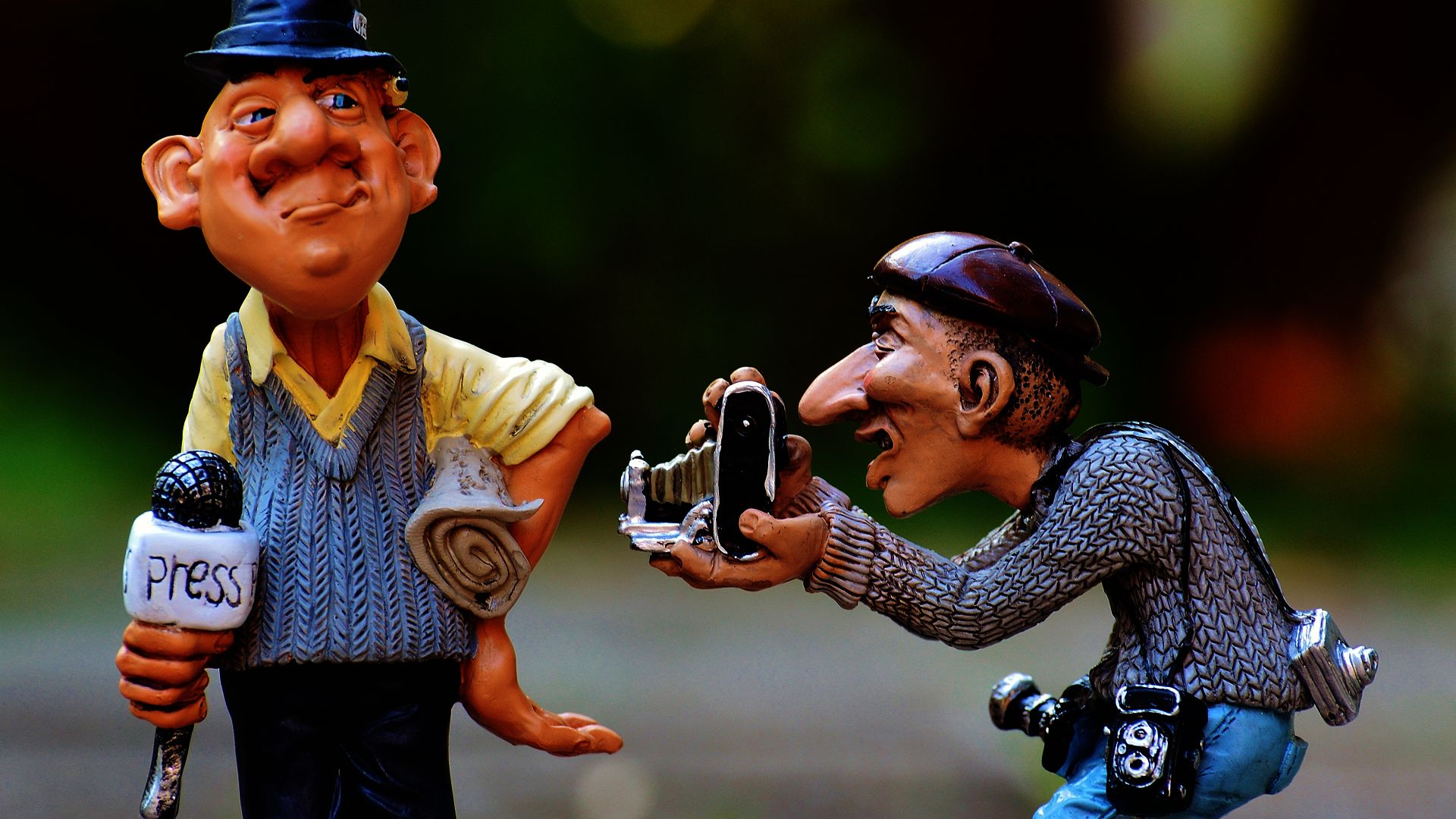A strange video has gone viral. Posted by internet personality Brian Roemmele, it’s styled as if a group of teens from the 1980s are reaching out to us across time. They laugh about mixtapes, late-night diners, and cruising in Camaros. They complain about how there are “no block parties” in 2025. Or how people “just stare at their phones.” Finally, the teens deliver the kicker: “Come back, we miss you.”
It looks retro, but it isn’t. The entire video is AI-generated. That’s what makes it unsettling.
When Nostalgia Turns Uncanny
Nostalgia is usually warm and fuzzy. This isn’t. Many viewers compared the video to Black Mirror or analog horror. The glowing smiles of these AI-crafted teens don’t feel reassuring. They feel ghostly, like someone or something trying to summon you back into a past that never truly existed.
The creep factor only deepens with the phrasing. “Come back.” As if the present is a mistake, and the real world is waiting for you back in 1985.
The 1980s, Sanitized
The video frames the 1980s as a kind of utopia: all neon lights, shared experiences, and authenticity. That’s a familiar trick. Pop culture has been romanticizing the decade for decades, from John Hughes movies to Stranger Things. But critics online quickly pushed back.
The 1980s were not an uncomplicated dreamscape. They were marked by the AIDS crisis, Cold War brinkmanship, rising crime rates, Reagan-era austerity, and surging Christian conservatism. For women, people of color, and LGBTQ+ communities, the “simpler times” painted in the video were anything but.
Viewers called the clip “boomer propaganda,” “an annoying psyop,” and simply “creepy.” For many, the glossy, AI-crafted nostalgia felt like historical whitewashing, selling an impossible version of the past while ignoring the lived pain of the era.
Manufactured Memory
The deeper unease comes not just from what the video says, but how it says it. This isn’t someone remembering their youth. This is nostalgia generated by a machine. An algorithm, not a person, decides which fragments of the past to resurrect, mixtapes and Camaros instead of AIDS wards or nuclear drills.
By doing so, it reveals the manipulative power of nostalgia. Idealizing the past has always been a political act, but with AI in the mix, it starts to feel less like memory and more like propaganda. It’s easy to see why viewers compared it to a psyop. The video doesn’t just long for the past—it quietly undermines the present, suggesting our world is empty, joyless, and broken.
The Politics of Escapism
This is not new. In the 1980s themselves, media often preferred escapism over reality. Corporate consolidation of news outlets leaned coverage toward conservatism, while sitcoms and movies polished away the decade’s sharp edges. Music videos, fashion, and royal weddings distracted from inequality, AIDS, and geopolitics.
What’s new is the medium. AI doesn’t just repackage old nostalgia—it creates its own. By resurrecting “memories” that never existed, it gives us not just selective history but fabricated history. And because it feels so familiar—bright smiles, retro clothes, VHS fuzz—we accept it as real.
Why It Feels So Wrong
So why did this particular clip strike such a nerve? Partly because the timing feels tone deaf. In a world reeling from wars, political upheaval, and economic crises, a cheerful AI chorus telling us to escape into a false past feels insulting. As if the solution to complex problems is to close our eyes and dream of Camaros.
It implies that our present is so hollow that we should surrender to nostalgia instead of fixing what’s broken. That’s not harmless. That’s a political message, whether intended or not.
Nostalgia Can Be Dangerous
The viral “Message from the 1980s” is more than a kitschy novelty. It’s a reminder that nostalgia isn’t neutral. It can comfort, but it can also manipulate. The past is never as simple, or as good, as the glossy highlights reel suggests.
The danger isn’t that we remember mixtapes fondly. It’s that we let those memories obscure the struggles that defined the era. Or, worse, that we let AI invent memories that never existed and mistake them for truth.
The real question isn’t whether we miss the 1980s. It’s whether we’re willing to face the present without retreating into a past that was never real to begin with.






